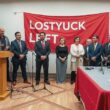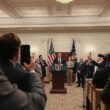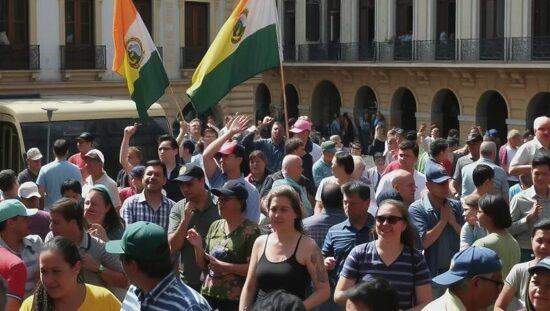Bolivia has ushered in a significant shift in political power with the Christian Democrat, Rodrigo Paz Pereira, securing victory in the presidential runoff election. Preliminary results from the electoral authority indicate Paz garnered approximately 55% of the vote, defeating former President Jorge Quiroga. This marks the end of nearly two decades of dominance by the Movimiento al Socialismo (MAS) party, a transition anticipated after their candidate, Eduardo del Castillo, failed to advance in the initial round. Incumbent President Luis Arce did not seek reelection.
The outcome represents a potential course correction for Bolivia, emerging from a period of considerable economic hardship. Exports of natural gas, a cornerstone of the Bolivian economy, have declined sharply, pushing inflation to a 40-year high and triggering critical fuel shortages. Both Paz and Quiroga campaigned on platforms advocating for alterations to the state-led economic model implemented under the MAS era, albeit with differing degrees of urgency. While Paz proposed a more gradual approach to reform, Quiroga championed more drastic austerity measures.
However, Paz’s path to effective governance faces immediate challenges. His party lacks a parliamentary majority, necessitating the formation of broad alliances to enact his policy agenda. This potential need for compromise, particularly given the divergent viewpoints on economic recovery, may temper the scope of his reforms. Observers are keenly watching whether Paz can bridge the political divide and navigate the complexities of coalition building.
The election’s outcome also raises questions regarding the future direction of Bolivia’s relationship with international partners, especially concerning trade and resource management. Although both candidates signalled a desire to move away from the MAS’s prescriptive policies, the specific implications for foreign investment and resource exploitation remain to be seen. Paz is scheduled to assume office on November 8th, stepping into a nation grappling with deep-seated economic anxieties and facing a complex political landscape. The stability and prosperity of Bolivia in the coming years will likely hinge on his ability to foster consensus and implement pragmatic solutions to address the pressing challenges confronting the nation.





